Berlin TXL operates urban data platform with Managed Kubernetes
Where an airplane roared into the sky every few minutes until 2020, construction machines are now rattling and pounding: On the site of the former Tegel Airport, the new “Schumacher Quarter” is being built with living space for up to 10,000 people, as well as the “Urban Tech Republic (UTR)” research and industrial park – along with a competence center for urban data called the FUTR HUB. Tegel Projekt GmbH, which was entrusted with its development, has set up a cloud-native infrastructure with Managed Kubernetes for this purpose.
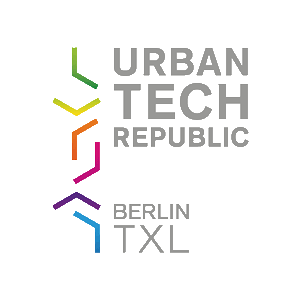
Good urban planning, improving the quality of life, sustainable use of resources, and promoting innovation – these are the main objectives of the planned “Smart City”. Berlin TXL, named for the old airport’s abbreviation, wants to become a champion in this discipline. The FUTR HUB is to provide the technical infrastructure for this. At its core is a data platform that collects, evaluates, and provides information from all areas of urban life – for example sensor data, geodata, building information as CityGML, and Building Information Modeling (BIM) data.
This infrastructure will benefit Tegel Projekt GmbH as a development company, the administration, and in future the companies and residents settling here: through intelligent rainwater management, a data marketplace, or value-added services that use the data provided. Many municipal projects in Berlin and across the country should be able to benefit from this, including the campus of the Berlin University of Applied Sciences housed in the old airport building, the planned innovation and start-up center, and many other besides. As the responsible Product Owner Christoph Wagner explains, the platform’s code has been placed under an open source license in the spirit of “public money, public code”. It can therefore be implemented and used by other municipalities and innovation projects.
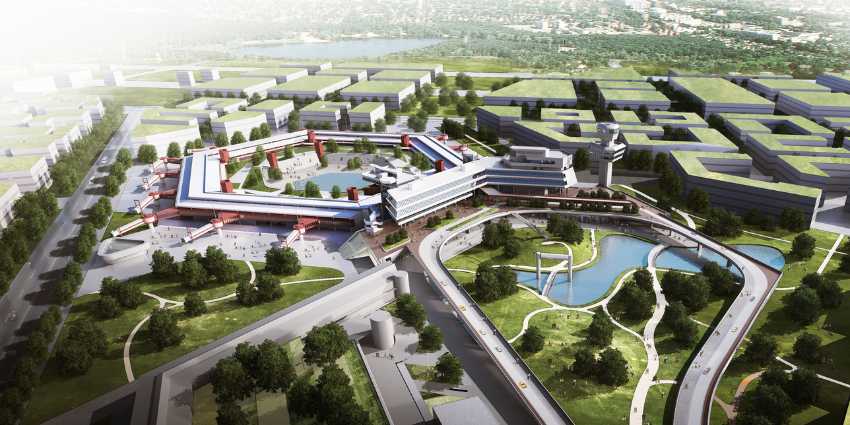

Cloud native with no lock-in
Contracts and investments in the public sector must meet different requirements than in the private sector. For example, the tendering process must meet certain formal criteria. The selection criteria are also different. In addition to economically viable operation, these include the use of future-proof technologies, the modularity of the systems and applications, and independence from individual providers (vendor lock-in). Furthermore, there is the need to comply with national and European privacy regulations (in particular GDPR) and the possibility of passing on licenses and solutions to other municipalities and authorities. Open source products and “copyleft” licenses are therefore in a good position.
With this in mind, the public corporation Tegel Projekt GmbH, which was commissioned to manage the overall project, invited tenders for the provision and support of a managed Kubernetes environment at the end of 2021. Kubernetes is an – or rather “the” – open source technology for the orchestration of microservices (small, functionally limited application modules). It is virtually indispensable for modular (“containerized”) application systems. It can be used to dynamically bundle microservices in containers, nodes, or clusters.
Kubernetes – or K8s – was developed from the outset for operation in the cloud. In technical jargon, it is called “cloud-native”. This means that the software can be used in different cloud environments and does not tie users to a specific provider. Because of this, Kubernetes is also intended as the basis of the FUTR HUB infrastructure. In addition to project-specific requirements, operational reliability and scalability of the solution for large volumes of data were also important in Tegel.
The cloud is the way of the future
Prior to the tender, the development company had designed the floor plans of the K8s system “prototypically”, according to Stefan Höffken, Head of Digitalization at Tegel Projekt GmbH. The project team had already started building the infrastructure. However, early on it was clear that the solution should not be hosted on site. As a develop-
ment company owned by the federal state of Berlin, Tegel Projekt GmbH is committed to the mandatory requirements for public sector clients in terms of cost-effectiveness and sustainability.
Höffken explains what this means: “Building something in-house would have been economically and technically unwise. By using the cloud, we can scale and change providers if necessary. In short: the cloud is the way of the future.” He has no concerns about outsourcing data. However, in line with the General Data Protection Regulation (GDPR), the tender required hosting within the European Union’s borders.
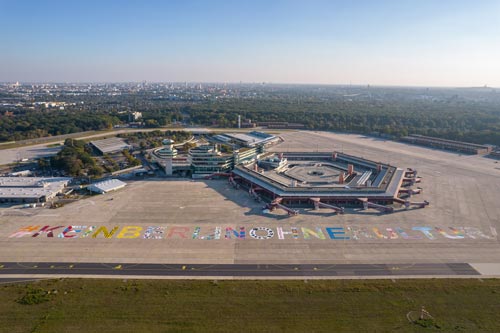
Managed Kubernetes saves time
The decision for the right provider was based on technical and economic criteria. The contract was awarded to the Berlin-based cloud and Kubernetes specialist SysEleven. With its data centers in the national capital and in Frankfurt am Main, it not only meets
GDPR regulations, but also fulfills the desire for a managed solution. SysEleven’s “MetaKube” product and service package includes the provision and support of the base Kubernetes installation as well as the operation of necessary add-ons such as load balancers, backup and recovery, cluster monitoring, and dashboards for data visualization. The Managed Kubernetes environment thus automates a large part of the work associated with orchestration operations and makes many manual activities superfluous. This is particularly important for users with limited IT resources of their own. This meant that Tegel Projekt GmbH met all the technical criteria.
Breathing SLAs made the difference
SysEleven’s offer proved to be the best, Höffken emphasizes. SysEleven impressed with its “flexible service provision”. The service level agreements (SLAs) are written in such a way that the scope of services can be quickly and easily adapted to requirements. To put it simply: The customer only pays for what they actually use.
The migration to the SysEleven environment was completed in spring 2022. According to Höffken, MetaKube is “very close” to the Kubernetes standard, meaning it does not require any major vendor-specific adaptations. This made the switch to the solution much easier. It also increases its reusability – while at the same time it reduces the risk of becoming dependent on the Kubernetes partner by falling into the dreaded trap of vendor lock-in.
Höffken admits that due to the short operating time and still-low use of capacity, it is not yet possible to draw final conclusions. “However, we are very satisfied with the technical performance.” All service requests run smoothly via support tickets and the response times are more than satisfactory. Last but not least, SysEleven always provides “good, pragmatic solutions”.

In short: the cloud is the way of the future
Dr. Stefan Höffken, Head of Digitalization at Tegel Projekt GmbH

